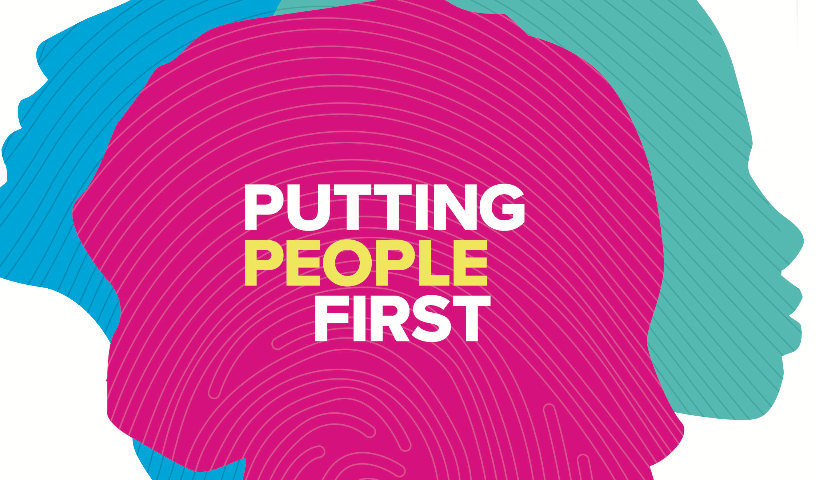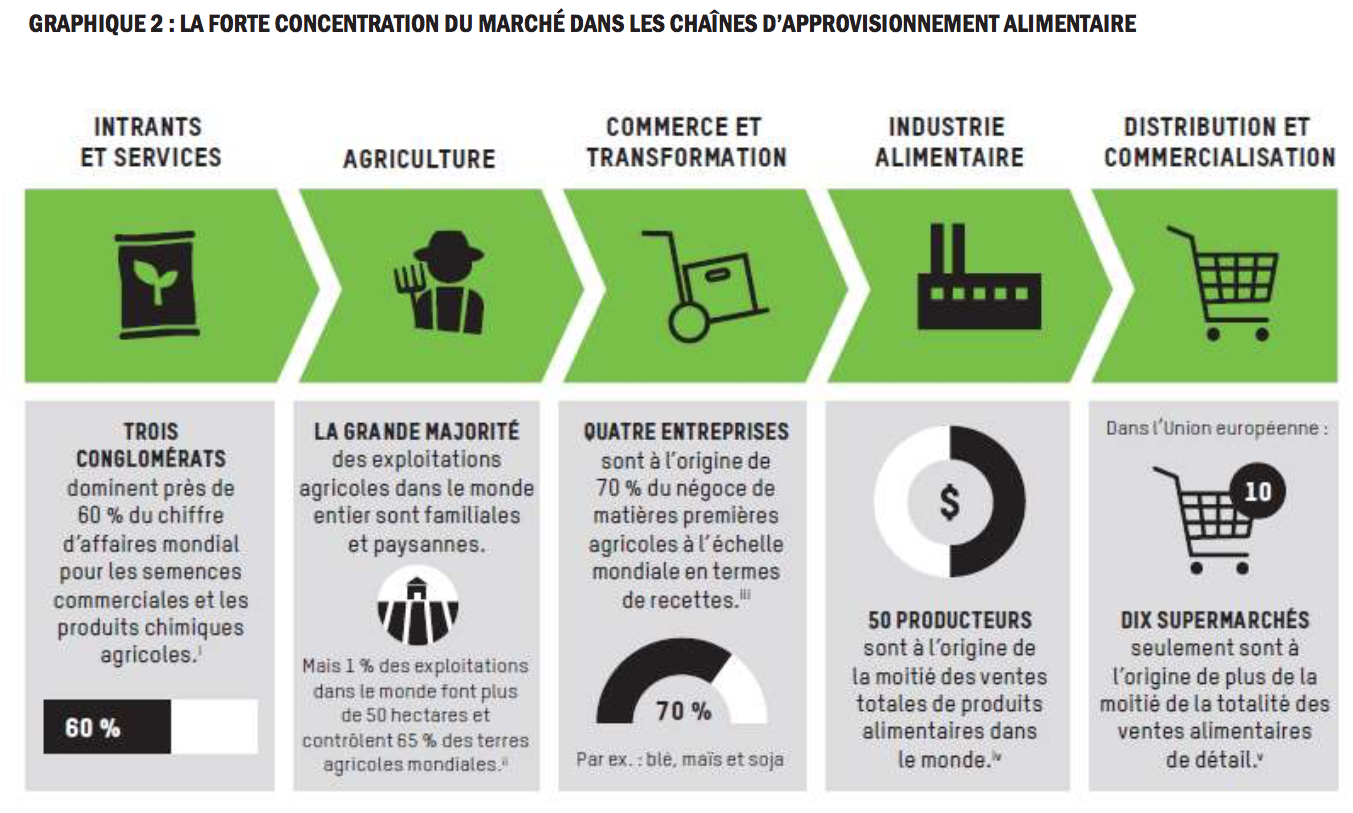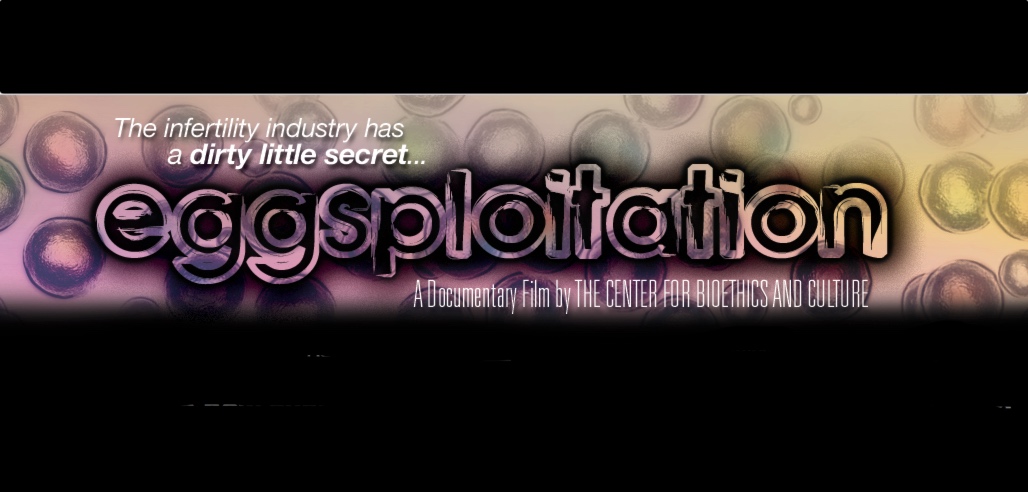The Transparency in Supply Chains provision in the Modern Slavery Act seeks to address the role of businesses in preventing modern slavery from occurring in their supply chains and organisations.
1.1 Modern slavery is a crime resulting in an abhorrent abuse of human rights. It is constituted in the Modern Slavery Act 2015 by the offences of ‘slavery, servitude and forced or compulsory labour’ and ‘human trafficking’. A full definition of modern slavery is included at Annex A.
1.2 Many organisations are already taking action to promote ethical business practices and policies that protect workers from being abused and exploited in their own organisation and global supply chains.
1.3 However, there are still far too many people in the world being treated as commodities. There are also far too many organisations ignoring such abuses or who are knowingly responsible for policies and practices that result in workers being subjected to modern slavery in their operations.
1.4 The Government has introduced a provision in the Modern Slavery Act 2015 which requires certain businesses to produce a statement setting out the steps they have taken to ensure there is no modern slavery in their own business and their supply chains. If an organisation has taken no steps to do this, their statement should say so. The measure is designed to create a level playing field between those businesses, whose turnover is over a certain threshold, which act responsibly and those that need to change their policies and practices. However, the Government wants to encourage businesses to do more, not just because they are legally obliged to, but also because they recognise it is the right thing to do.
1.5 One key purpose of this measure is to prevent modern slavery in
organisations and their supply chains. A means to achieve this is to increase transparency by ensuring the public, consumers, employees and investors know what steps an organisation is taking to tackle modern slavery. Those organisations already taking action can quickly and simply articulate the work already underway and planned. Organisations will need to build on what they are doing year on year. Their first statements may show how they are starting to act on the issue and their planned actions to investigate or collaborate with others to effect change.
1.6 This document sets out the basic requirements of the legislation, as well as advice on what can be included in a statement to give assurance to those scrutinising the statements.
1.7 A focus on tackling modern slavery not only protects vulnerable workers and helps prevent and remedy severe human rights violations, it can bring a number of business benefits too. These include:
• protecting and enhancing an organisation’s reputation and brand;
• protecting and growing the organisation’s customer base as more consumers seek out businesses with higher ethical standards;
• improved investor confidence;
• greater staff retention and loyalty based on values and respect; and
• developing more responsive, stable and innovative supply chains.
1.8 It is important for large organisations to be transparent and accountable, not just to investors but to other groups including employees, consumers and the public whose lives are affected by their business activity. Due diligence processes and reporting are essential management tools that improve risk identification and long-term social, environmental as well as financial performance.
1.9 Reporting requirements can drive better strategic understanding of the risks and impacts of an organisation’s core activities in relation to the environment and human rights. The disclosure of these management tools allows investors to move capital towards more sustainable, responsible organisations and strengthen the long-term ethical sustainability of the financial system.included in a statement to give assurance to those
scrutinising the statements.
This document provides guidance on how the Government expects organisations to develop a credible and accurate slavery and human trafficking statement each year and sets out what must be included in a statement.





